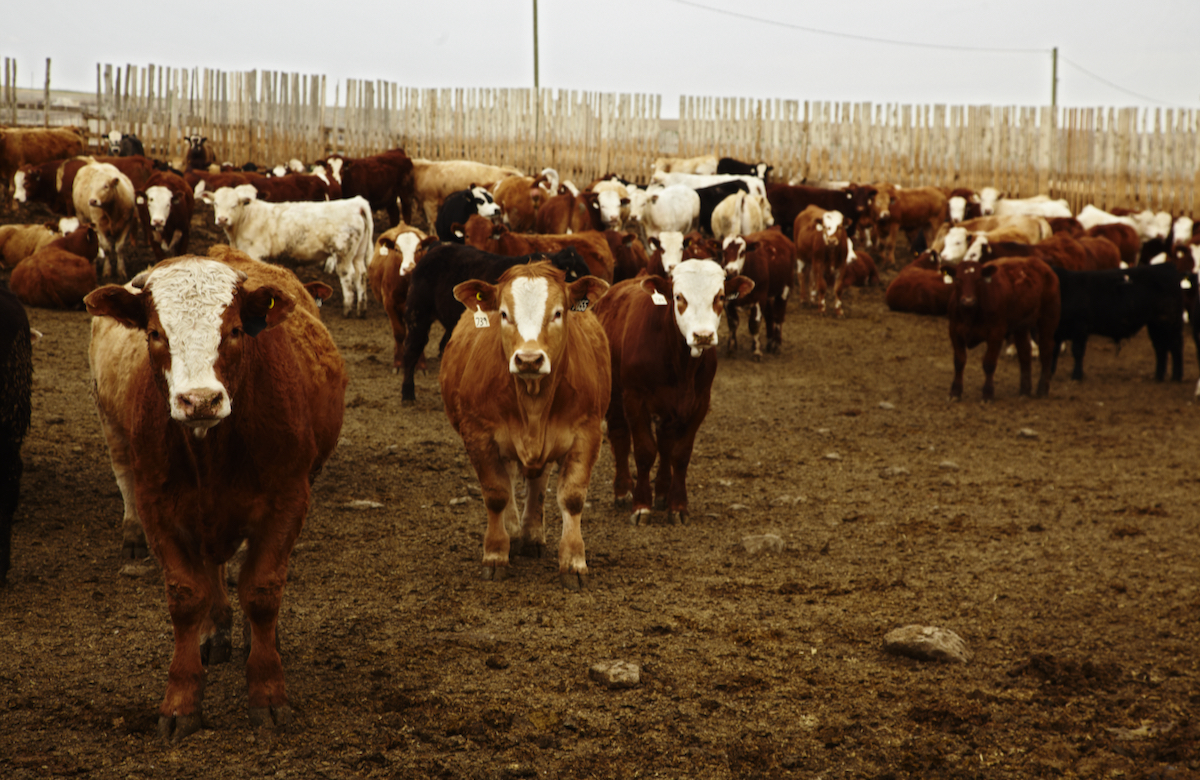A raw-milk cheesemaker in British Columbia’s southern interior is the subject of a major E. coli-related recall and investigation in the wake of 11 cases of illness — including one person who has since died.
The Canadian Food Inspection Agency (CFIA) on Tuesday posted a health hazard alert and recall which so far involves 14 different products made at Gort’s Gouda Cheese Farm at Salmon Arm, B.C.
Information available so far indicates the cheese may be contaminated with E. coli O157:H7, the Public Health Agency of Canada (PHAC) said in a separate release Tuesday.
Read Also

U.S. livestock: Cattle at fresh highs, hogs weaken
Cattle futures on the Chicago Mercantile Exchange climbed to fresh highs on Tuesday, as tight supplies and the ongoing closure…
Four people in British Columbia and seven in Alberta are reported to have been sickened in the E. coli outbreak under investigation, PHAC said in its release. The people became ill between mid-July and early September.
One of the affected people in B.C. has died, PHAC added, and the cause of death is now under investigation.
The products under recall were sold at the Gort’s outlet, at stores in Alberta and B.C. and through internet sale from May 27 to Sept. 14, including lot codes 122 to 138.
Some product packages may not show a lot code or indicate the cheese was made with raw milk, CFIA said Tuesday. The products may also have been sold clerk-served from deli counters with or without a label or coding, so consumers who aren’t sure if they bought the affected cheeses are advised to contact the retailer.
Gort’s, founded at Salmon Arm in 1983 by its namesake family, changed ownership in 2007 to the Wikkerink family from Agassiz.
The company bills its cheese as made from the milk of the farm’s own grass-fed cows and processed with no preservatives.
Any Gort’s cheese made from unpasteurized milk is stored on the shelf for at least two months and thus is “completely safe to eat,” the company says on its website. “The time that it sits on the shelf allows harmful pathogenic bacteria to die off.”
Most people who become ill from E. coli bacteria will recover within five to 10 days, PHAC reiterated, noting E. coli O157 foodborne illnesses are “not unexpected” in Canada and no unusual increase in the number of such illnesses has been detected nationally.
PHAC’s surveillance program shows E.coli cases in Canada have been “declining in recent years,” the agency said. — AGCanada.com Network
















